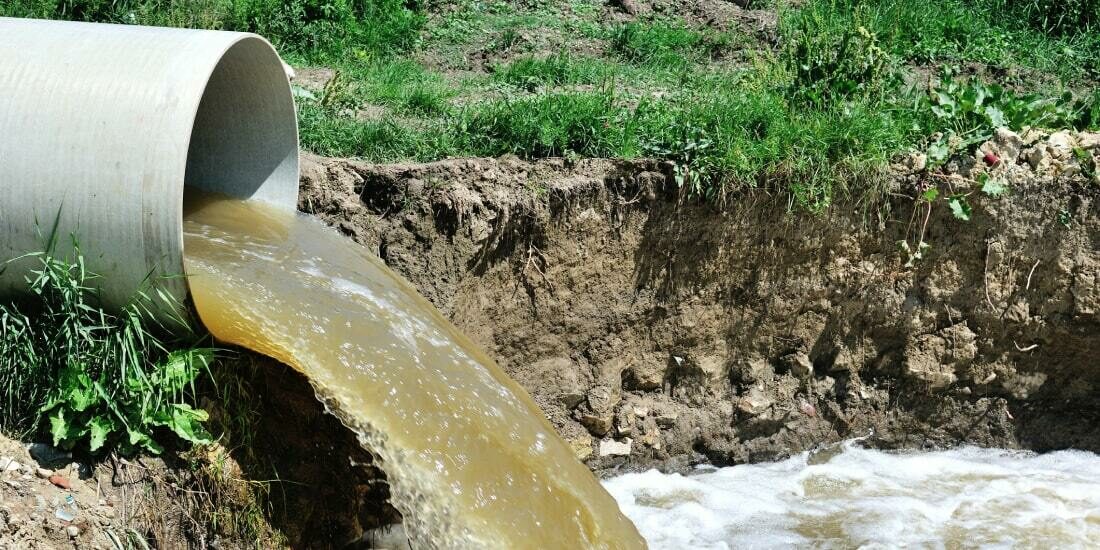Action on Sewage Scandals

Environment Secretary, Thérèse Coffey, recently announced an action plan to tackle how and why water companies are spilling sewage into the UK’s rivers and seas. Under Coffey’s plans, companies will be required to explain why sewage is being discharged from their networks and what they are doing to fix the issue. Bodies of water reserved for swimming, shellfish and nature will be prioritised when it comes to storm overflows.
Currently, water companies are allowed to dump sewage into existing waterways during periods of heavy rainfall. As long as they are at capacity for treating sewage, this is deemed as acceptable in the eyes of the government. However, reports in the last few years have suggested that water companies have been spilling sewage into rivers and onto beaches even when it hasn’t been raining.
Under new plans, an improvement proposal needs to be relayed to the government for every storm overflow. The government is also looking for ways in which they can fine water companies more readily instead of waiting for prosecutions to resolve. The lengthy processes have prevented these companies from paying for their damage for months at a time.
In terms of fines, which are often less than the salary of water company CEOs, the possibility of a higher limit is still on the cards. The maximum fine is £250,000, but a £250 million top end fine has been thrown around in recent weeks. A consultation on this cap will be held in the spring, so it’s a little early to expect to know the true figure.
One of the main issues with sewage discharge is the age of the existing sewers. As they were built so long ago, the size was much smaller than the current demand needs. Both waste water and rainwater are carried away in the same pipes, which is why the use of storm overflows is as frequent as it is.
To be able to monitor the overflows, event duration monitors (EDMs) are fitted. This gives a better picture of where and when sewage spills are happening. By 2020, over 80% of the network had been fitted with these devices. By 2021, this had increased to 89%. Full coverage of all storm overflows is expected to be completed this year. All water companies need to publish their monitoring data on a yearly basis.
Labour has not been impressed with the government’s announcement, indicating that it allows water companies to fudge their own numbers. They’ve described it as a policy that doesn’t deliver any action. In the Labour Party’s eyes, they want to introduce legislation to end 90% of sewage discharges by 2030. Policies include mandatory monitoring, automatic fines and a fixed rate charge for any unmonitored discharge points.
In the days where sewage is constantly pouring into waterways, water companies need to desperately upgrade their systems while reducing their impact on the environment. The government needs to implement rigorous policies that will limit how long sewage will remain a problem. There have even been calls for water executives to face time in prison for serious and repeated spillages as current fines and enforcement action hasn’t gone far enough.
